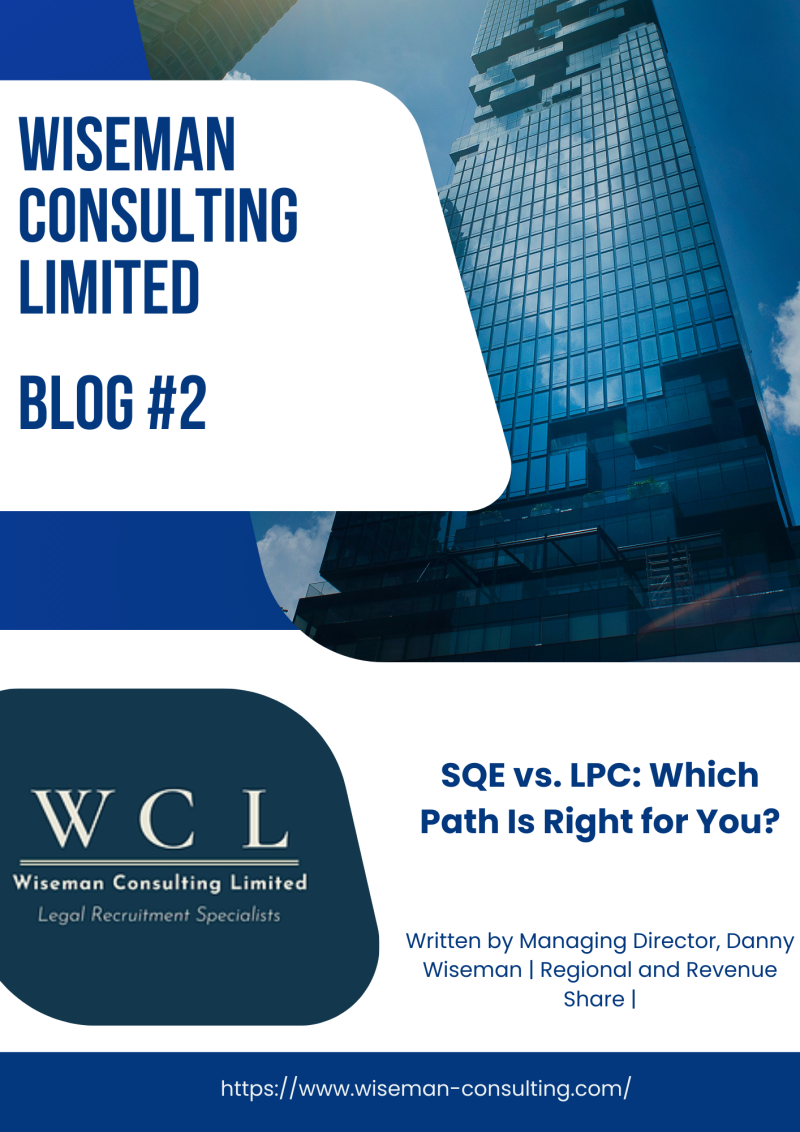
SQE vs. LPC: Which Path Is Right for You?
November 7th, 2024:
Students, Paralegals, and Solicitors alike have been shocked at the recent publication of the SQE1 exam pass rate of just 44%. They have taken to social media to discuss their shock, worry about their education, and diminished hopes to pass their exams.
The latest statistical report from the Solicitors Regulation Authority (SRA) shows that, of the 5,006 candidates who attempted both parts SQE1 in July 2024, only 44% passed. This is the lowest success rate to date and represents a notable drop from the 56% pass rate for the January 2024 sitting.
Identifying your learning style… What’s right for you?
Firstly, we must understand that there are two different learning styles for the SQE and LPC and identifying what suits you best – is the first step on the long road to qualification.
The SQE focuses heavily on self-study and exams. Those who enjoy exams and learning alone may be more comfortable with the SQE process. However, the LPC focuses more on IN-PERSON learning, including exams and assessments. The LPC has a more guided structure with workshops and seminars alongside the two-year qualifying work experience.
If you enjoy self-study and exams, choose the SQE. If you enjoy hands-on learning, choose the LPC.
Flexibility – which fits your schedule more?
LPC: Structured, with a fixed curriculum and typically classroom-based instruction, making it a good fit for those who prefer guided learning and a structured timetable.
SQE offers more flexibility, as candidates can study at their own pace and choose to prepare with a course or self-study. This makes it easier to balance work or other commitments.
Do law firms prefer LPC or SQE?
Law firms are taking different approaches in deciding between the LPC and SQE and so there is, at present, no clear preference. Some law firms are choosing to transition to the SQE sooner and are moving their future trainees onto SQE preparation programmes in 2022, whilst many firms are not moving their students to the SQE until 2023 and beyond. We anticipate that whichever route students have studied for, organisations will continue to employ students to focus on is getting the best results possible, whichever route they choose, to improve their employability options.
Which path is the quickest route to become a solicitor?
The SQE preparation courses are shorter than the LPC. However, all students will have to complete two years of training on the job, whether through a training contract or QWE to qualify.
Summary
Both are valid routes to becoming a Solicitor. Law Firms are becoming less precious about which route their employees take, many firms offer training contracts – but increasingly, many are offering sponsorship for the SQE – with the caveat being you remain in employment for a few years for the firm to recover their investment. It also depends on which sector you want to work in, Students and Trainees interested in corporate, commercial, finance, banking or litigation may want to consider the LPC = whereas people wanting to work in conveyancing, family or private client may want to consider the SQE.